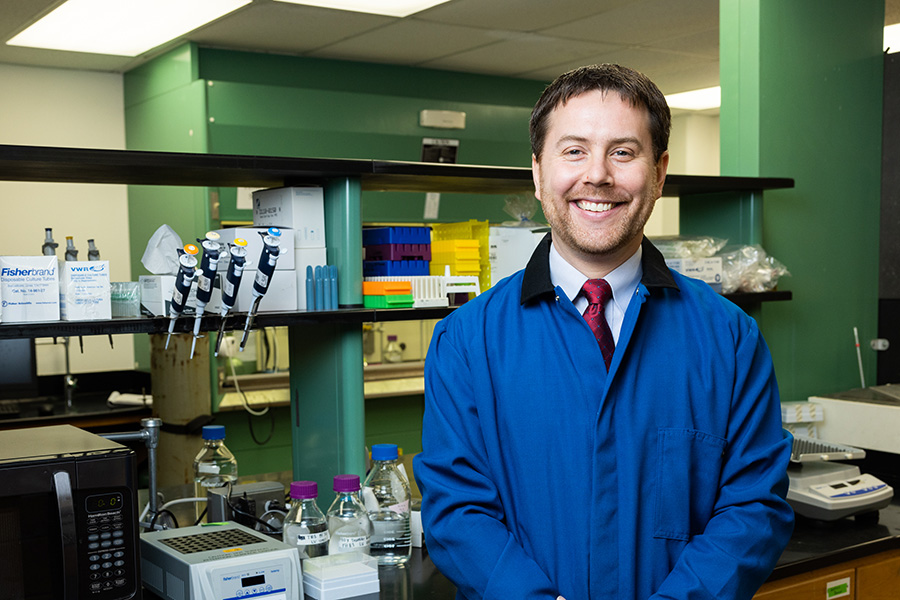
Dr. Michael Reddish is an assistant professor in App State’s Department of Chemistry and Fermentation Sciences. The Reddish Lab focuses on studying human cytochrome P450 enzymes — proteins that are involved in the body’s metabolism of steroid hormones, pharmaceuticals, carcinogens and fat-soluble vitamins. Photo by Chase Reynolds
BOONE, N.C. — A five-year, $1.6 million grant from the National Institutes of Health (NIH) — the largest NIH grant in Appalachian State University’s history — is the latest to support enzyme research led by Dr. Michael Reddish that could aid in the development of new and safer therapies, including those for cancer.
“Advancing knowledge, promoting discovery and applying research findings that benefit our region, state, nation and world are strategic priorities at App State, and our faculty and staff continue to set records for external funding,” said App State Provost Heather Hulburt Norris. “We are committed to cultivating undergraduate scholarship, and this record-setting grant will allow App State faculty and students to work side by side on research activities that have the very real potential to significantly improve health care.”
Reddish is an assistant professor in App State’s Department of Chemistry and Fermentation Sciences. The Reddish Lab focuses on studying human cytochrome P450 enzymes — proteins that are involved in the body’s metabolism of steroid hormones, pharmaceuticals, carcinogens and fat-soluble vitamins.
“Enzymes are components of our bodies that help make chemical reactions happen. We rely on these reactions to make the myriad of molecules (or chemicals) our bodies need to thrive,” explained Reddish. “Enzyme function can get altered from the optimal state due to genetics, exposure to things in our environment or age. In some cases, this altered function can lead to disease.”
The study of P450 enzymes has led to several important advances in medicine, including new therapies and the safer use of existing therapies. The $1,587,000 NIH grant, awarded by the agency’s National Institute of General Medical Sciences in one-year increments from September 2022 through June 2027, supports Reddish’s project “Structure-Function Studies of the Human Cytochrome P450 27 Family,” which focuses on the understudied 27 family of P450 enzymes.
According to Reddish, P450 27 enzymes catalyze the oxidations of several important hormones, including vitamin D derivatives, cholesterol derivatives and retinoids. The products of these reactions can have either positive or negative effects on human health, depending on their concentrations in the body, and therefore, it could be valuable to either increase or decrease these enzymes’ activities for clinical therapies.
“We are interested in learning more about the normal function of the P450 27 family of enzymes so that we can help suggest ways to fix the enzymes with medical therapies, such as pharmaceuticals, when their function gets disturbed,” Reddish said. “We are focused on the cytochrome P450 27 family because alterations in these enzymes have effects in hormone levels and can contribute to the development of some cancers.
“If we have a better understanding of the structure–function relationship, then we may be able to design pharmaceuticals to cause specific structural changes that lead to increased or decreased enzyme activity depending on a patient’s needs,” he added.
The NIH grant is among several awarded to Reddish and his team for his ongoing enzyme research at App State. Additional funding supporting this work includes:
- A two-year, $249,840 grant from the National Science Foundation’s fund for Launching Early-Career Academic Pathways in the Mathematical and Physical Sciences was awarded to Reddish for his proposal “Determining All the Contributions of Adrenodoxin to Cytochrome P450 Catalysis,” beginning in August 2022. Adrenodoxin is a ferredoxin protein, which supplies electrons to cytochrome P450 enzymes. Resources from this grant are also being utilized to compensate undergraduate students involved in the research, to develop a new way to teach introductory chemistry that focuses on cohort-building, so that all students feel welcome in science, and to co-lead a course-based undergraduate research experience in the upper-level biochemistry lab at App State.
- A grant from the North Carolina Biotechnology Center to study medications proposed to treat triple-negative breast cancers, which have “the least number of and least effective treatment options available,” Reddish said.
- Multiple funding awards from App State’s Office of Student Research (OSR), including OSR Travel Grants to support student travel to conferences, OSR Research Grants to help with research supply costs for student research projects and OSR Undergraduate Research Assistantships to provide stipends for students active in research training.
Reddish’s research has been published in the Journal of Biological Chemistry and the Archives of Biochemistry and Biophysics, both peer-reviewed scientific journals.
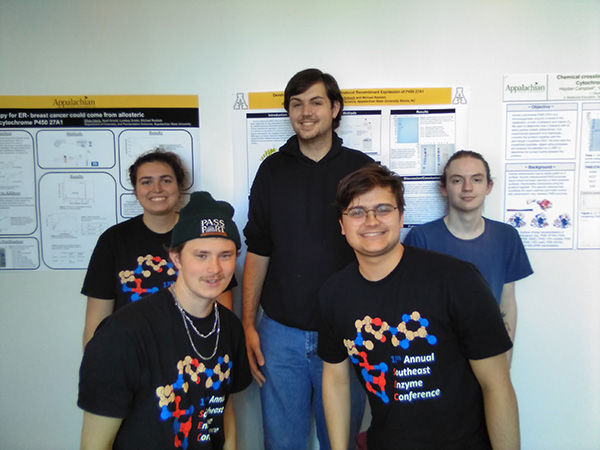
App State students from the Reddish Lab are pictured at the 2022 Southeast Enzyme Conference in Atlanta, where they presented posters. Pictured, from left to right, back row to front row, are senior chemistry major Katie May, from Waxhaw; Noah Arnold ’22, from Mount Pleasant; Hayden Campbell ’22, from Mooresville; Jackson Bartholomew-Schoch ’22, from Cornelius; and Ethan Harris ’22, from Clemmons. Photo submitted
Undergraduates bring ‘fresh perspective’ to research
Much of the Reddish Lab’s work is performed by a group of undergraduate research students with interests in the sciences — providing high-level training in biochemistry research and instrumentation.
Reddish’s team is multidisciplinary, including seven undergraduate students studying chemistry, mathematical sciences and physics. He said his favorite part of working with students is their enthusiasm and curiosity.
“I also find they bring a fresh perspective to the research that helps me find flaws in my logic because they are less bogged down by ‘the way things are done.’ They ask great questions and help us find the best way to progress our research,” Reddish added.
Students in Reddish’s lab are encouraged to present at major conferences in the field, such as the Southeast Enzyme Conference and Midwest Enzyme Chemistry Conference. Equipped with research design and instrumentation skills, alumni of the Reddish Lab have gone on to pursue careers and doctoral degrees in chemistry and biology.
Zach Davis ‘22, who graduated in December 2022 and continues to work full time in the Reddish Lab, said that his work as a research technician “has taught me skills that are essential to lab work, and the research itself is very interesting.” Likewise, senior chemistry major Katie May said she is gaining more analytical chemistry experience and proficiency with the instruments used in her field.
Reddish incorporates his enzymology research in courses that include Biochemistry, Introductory Chemistry and Quantitative Analysis. Because his research is focused on learning more about how enzymes function in order to improve human health, Reddish’s research is of particular interest to students pursuing medical careers.
“I try to explain how the principles we teach in biochemistry courses are related to clinical therapies. I also try to explain the importance of the analytical chemistry techniques we teach students in studying how enzymes function,” Reddish said.
To learn more about Reddish’s lab, visit sites.google.com/appstate.edu/reddish-lab.
What do you think?
Share your feedback on this story.
About the A.R. Smith Department of Chemistry and Fermentation Sciences
The A.R. Smith Department of Chemistry and Fermentation Sciences offers a Bachelor of Arts in chemistry, a Bachelor of Science in chemistry with eight different concentrations and an interdisciplinary Bachelor of Science degree in fermentation sciences. The department’s programs prepare students to attend graduate and professional schools, as well as for employment in the pharmaceutical and fermentation industries and other business sectors. Learn more at https://dcfs.appstate.edu.
About the College of Arts and Sciences
The College of Arts and Sciences (CAS) at Appalachian State University is home to 17 academic departments, two centers and one residential college. These units span the humanities and the social, mathematical and natural sciences. CAS aims to develop a distinctive identity built upon our university's strengths, traditions and locations. The college’s values lie not only in service to the university and local community, but through inspiring, training, educating and sustaining the development of its students as global citizens. More than 6,800 student majors are enrolled in the college. As the college is also largely responsible for implementing App State’s general education curriculum, it is heavily involved in the education of all students at the university, including those pursuing majors in other colleges. Learn more at https://cas.appstate.edu.
About Appalachian State University
As a premier public institution, Appalachian State University prepares students to lead purposeful lives. App State is one of 17 campuses in the University of North Carolina System, with a national reputation for innovative teaching and opening access to a high-quality, cost-effective education. The university enrolls more than 21,000 students, has a low student-to-faculty ratio and offers more than 150 undergraduate and 80 graduate majors at its Boone and Hickory campuses and through App State Online. Learn more at https://www.appstate.edu.
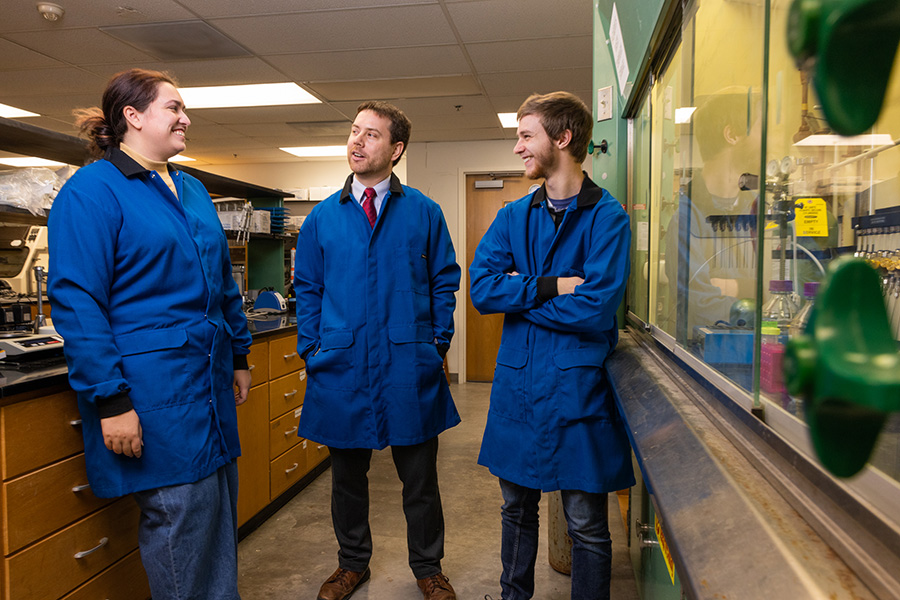
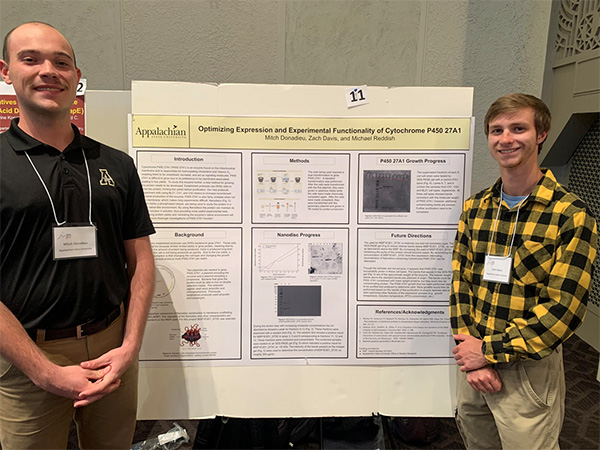
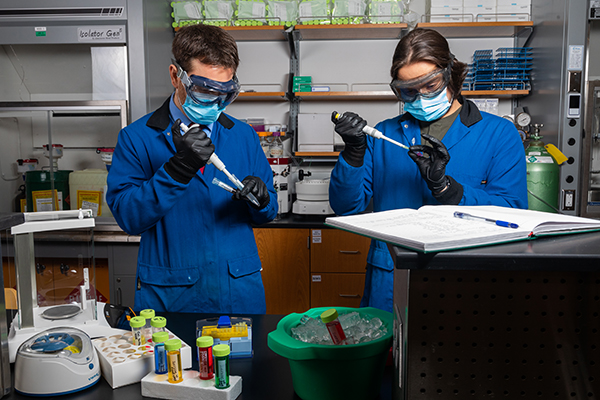
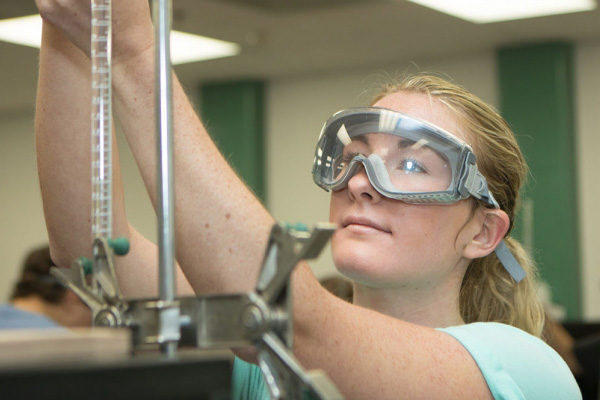
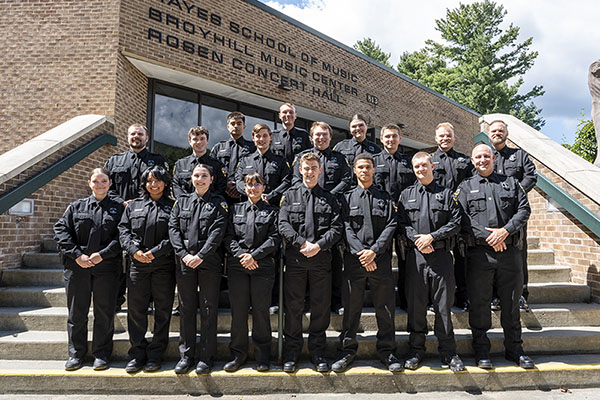

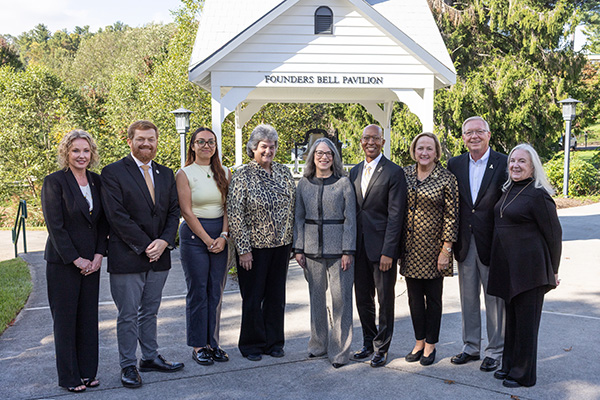


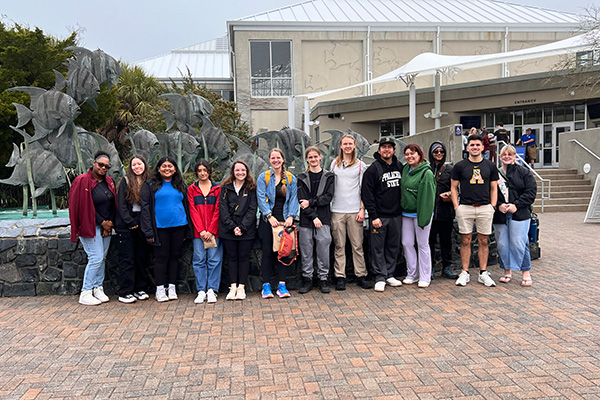
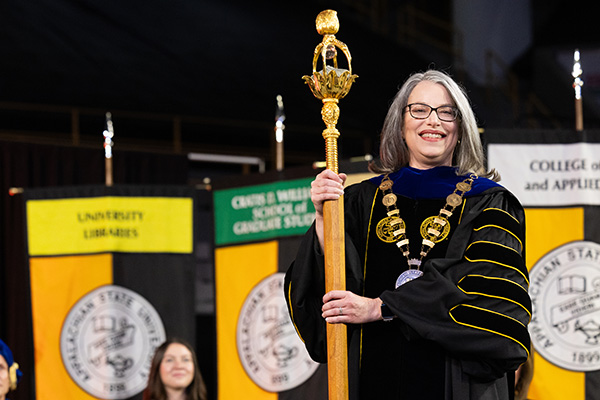
![Lights Over Linville — Brown Mountain’s Enduring Mystery [faculty featured]](/_images/_posts/2025/10/lights-over-linville-600x400.jpg)


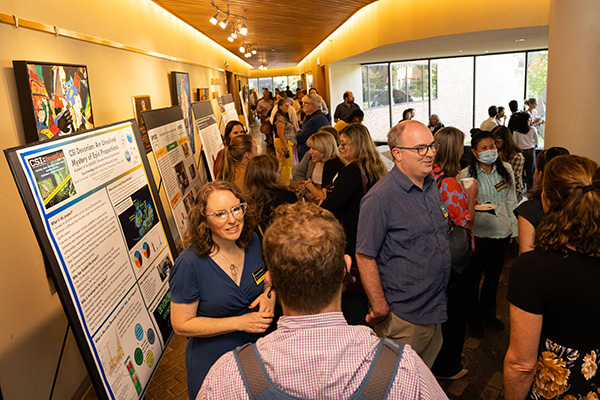
![Folk Revival After Helene [faculty and alumni featured]](/_images/_posts/2025/09/folk-revival-600x400.jpg)